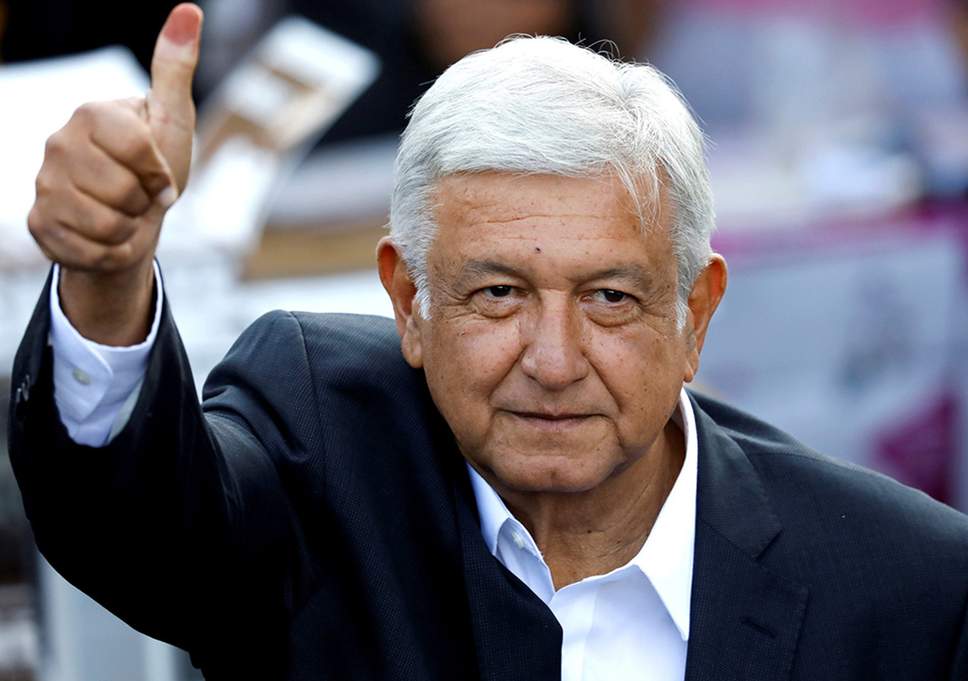Last Sunday, leftist candidate Andrés Manuel López Obrador (known as “AMLO”) was elected president of Mexico is a landslide. At the Verso blog, David Adler outlines the challenges faced by AMLO and his Morena Party in implementing their progressive populist vision. In particular, Adler notes that entrenched government corruption and generalized insecurity will make it difficult for the population to trust strong government action by Obrador. Here’s an excerpt:
AMLO’s victory was, in large part, the product of his policy vision; the “National Plan 2018-2024.” Moving away from Mexico’s clientelistic mode of electoral competition—trading gifts for votes, twisting arms for community support—Morena offered a program that addressed Mexico’s three major crises: crime, poverty, and corruption.
These proposals, and their potential to transform Mexico, were the real triumph of Sunday’s victory. But they are also AMLO’s biggest weakness. Mexico’s institutions are rotten to their core, and the law is almost always contaminated as it moves through them. The country has already enshrined scores of progressive policies on issues like human rights and citizen participation. But without state capacity, they have remained dead letter.
AMLO’s challenge then, is not simply to implement his progressive policies but to reconstruct the Mexican state from the ground up.
Image of Andrés Manuel López Obrador via the Independent.
